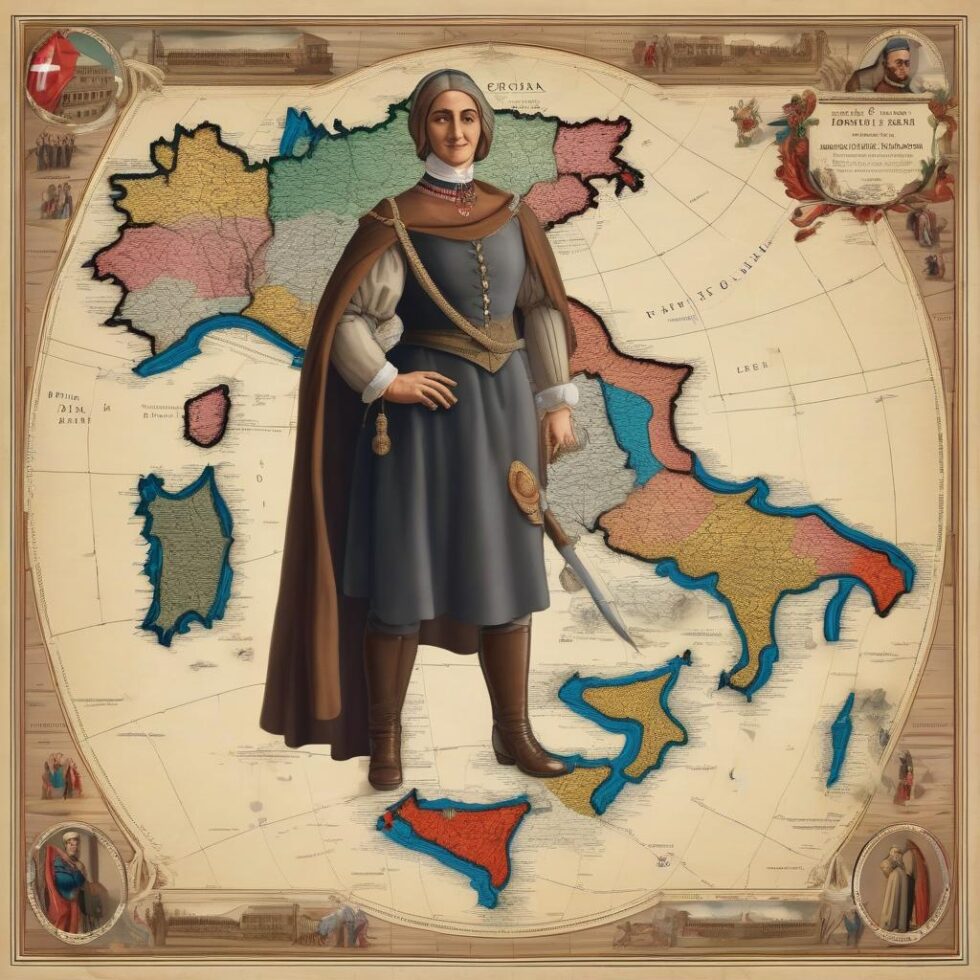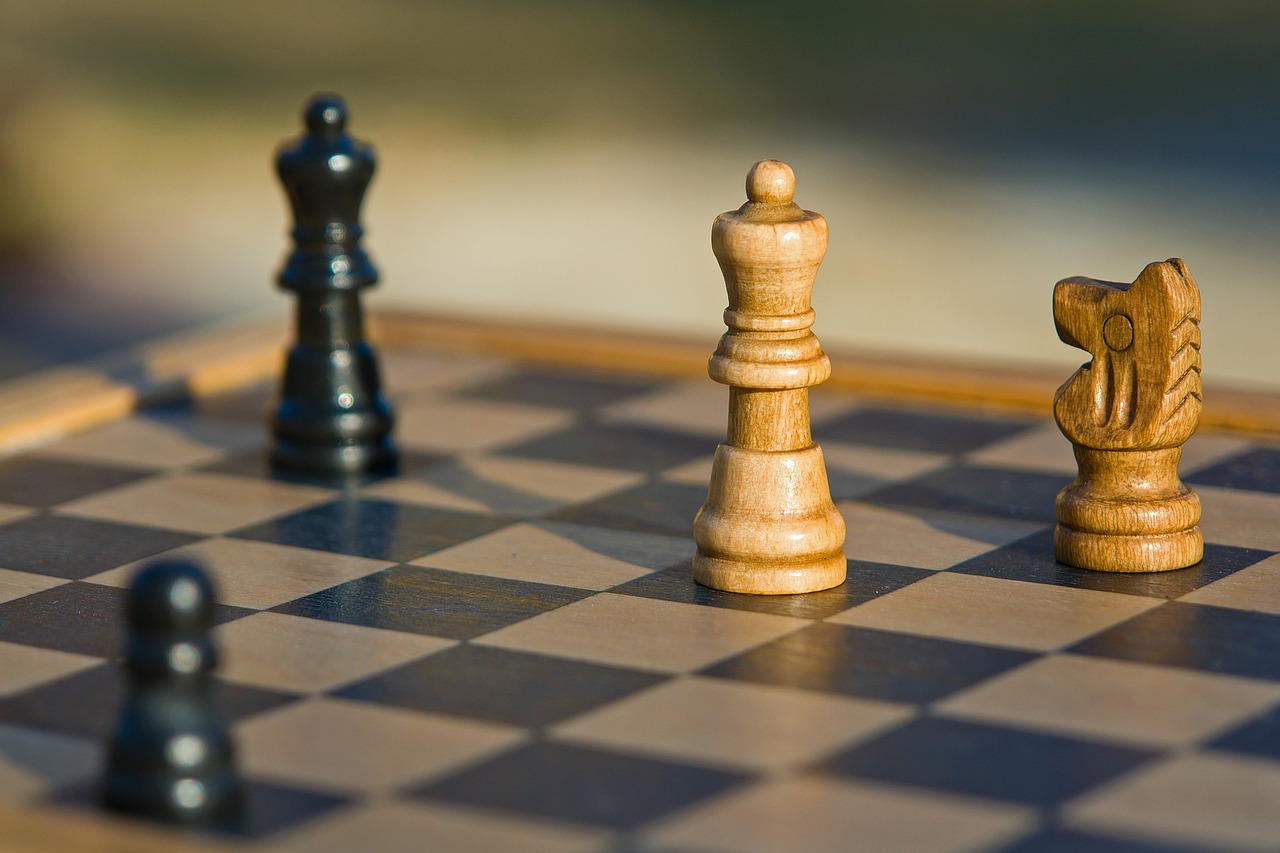
The Premier’s fortuna is that no one else is eager to move on to rearmament, the big transatlantic agenda. But this also makes the Belpaese small and ultimately a burden for the allies.
The ancient Roman notion of fortuna was a mix of skill and fate—the ability to take advantage of what chance had bestowed. Ancient China simplified this concept with two words: shi (势), a position of strength or advantage, and shi (时), the right time or opportune moment. It is about seizing the position of power at the right time. Different historical moments may call for different positions of strength. This applies to military strategy but perhaps even more so to political strategy. After all, Roman statesmen were first and foremost soldiers and generals. They became political leaders and thus had a comprehensive vision of the state’s power.
Perhaps this abstract theoretical framework can help us understand Italy’s fate and its government in the current historical moment.
For years now—more quietly under the Biden administration and more loudly under Donald Trump’s—America has been pressuring Europe to increase military spending. It is a global strategic issue that goes beyond the conflicts in Ukraine or the Middle East.
On one hand, it is about easing the American burden on the Western front, as the US must focus more on the Eastern (Asian) front while also seeking help to mend its disastrous budget deficit. On the other hand, with greater European commitment, the political-military alliance can become less lopsided. It must walk on more legs—not just America’s but also those of its European and Asian allies. Thus, the alliance would shift from a situation where America hopped around the world on one foot to one where it operates in a more tentacular, pervasive, and effective manner—while also being less costly for the US treasury. It is a general US strategy, independent of any particular president.
After much hesitation, European countries have finally taken up the challenge. A leading quartet (the UK, France, Germany, and Poland) has emerged, driving the rearmament effort. Poland plays a special role due to its near-direct involvement in the Ukraine conflict and because it has already met (and is surpassing) the US-recommended defense spending target of 5% of GDP.
Beyond these four, Turkey—a NATO member—has taken on a crucial role. It has expelled Iranian influence from Syria, serves as a strategic military link between Gulf oil powers and the US, and extends its reach into Egypt and Libya. As recently noted by the Financial Times (https://www.ft.com/content/1de61da8-2481-4371-a0cd-b24ffba8b210), Turkey is NATO’s southeastern flank.
In this context, Italy finds itself objectively isolated. The government is treading water as best it can—declaring itself pro-Trump while maintaining ties with Europe. In theory, this is a balanced position; in reality, it is slipping backward on both fronts.
Beyond partisan divides across the Atlantic, Europeans, Turks, and Americans all agree on the need for increased military spending. Italy, however, struggles to keep up.
There is the burden of its public debt-to-GDP ratio, bureaucratic hurdles, and the many entrenched interests crowding the national landscape. There is also Italy’s near-historical difficulty in liberalizing its domestic market, coupled with every government’s tendency to meddle in the economy. Individually, none of these issues are fatal, but together, they objectively limit the government’s ability to spend on defense.
Currently, Italy spends about 1.5% of GDP on defense—far from the 5% target, which would require more than tripling expenditures. The government has announced a modest move toward 2%. Meanwhile, the debate over military spending has turned Italy jaundiced. The entire opposition is against the idea of “going to war,” and even within the government, there are anti-military voices. Much of this pacifism is genuine and legitimate, but some of it is performative—claiming the Pope’s support while sending love letters to Moscow.
Now, however, the Pope has changed. As Francesco Strazzari notes (https://ilmanifesto.it/il-nuovo-papa-la-pace-e-la-guerra-nel-segno-di-agostino), Pope Leo is an Augustinian—one who desires peace but also acknowledges the possibility of a just war. This Pope could steer the Vatican toward a more realistic stance on political issues. Indeed, one of his first statements supported Ukraine’s battle.
Whether these changes at the Holy See will shift Italian politics remains unclear. Today, Prime Minister Giorgia Meloni alone aligns Italy—however cautiously—in favor of increased military spending. She is thus the only one maintaining even a fragile and increasingly distant connection with Europe and the US.
In this sense, Meloni has no alternatives. Given her government’s composition, she has limited room to maneuver—or risks collapsing, plunging Italy into chaos. It is her fortuna—in the Roman sense—aided by the foolishness or inertia of other political parties, which, consciously or not, leave her isolated.
This leads to two consequences—one for Italy and one for Meloni herself.
If the broader picture does not change, the government will struggle to push forward on critical military spending, slipping further behind in the grand diplomatic game—with unpredictable political and economic repercussions for the country.
On the other hand, with no alternatives, Meloni will increasingly dominate Italy’s political landscape. That is, Italy will grow smaller but more “Melonian.”
Finally, as in a mystery novel, there’s a twist. If Meloni truly wanted to align with the new Euro-Atlantic policy, she would need to seek broad opposition support for increased military spending. But this would create an alternative to her government—another party that, by stepping up, could claim equal (or greater) legitimacy in dealing with Brussels and Washington.
Thus, in her objective self-interest, the isolation of her position in Italy—and Italy’s isolation in Euro-Atlantic defense talks—works in Meloni’s favor. She remains the sole interlocutor, indispensable, and thus grows stronger by the day. After all, why should she work against herself?
Regardless of intentions, this is the broader picture. It is ok for the time being while the US and its allies are trying to find their place in the world. But, because of its economic size and special geographic position, Italy will ultimately burden the Allies.
As for Italians, Europeans, and Americans, the judgment on the Bel Paese is easy to make.








